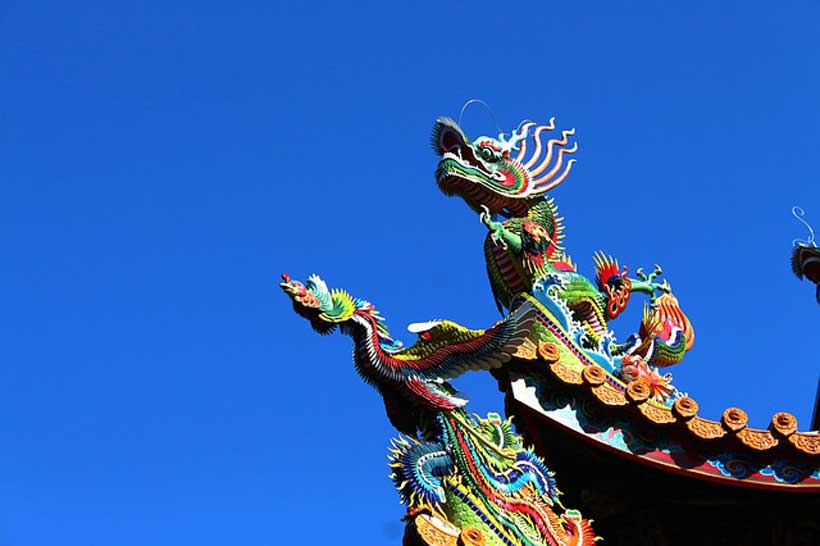The Chinese envoy in Dhaka last week remarked that Bangladesh should not join the Quadrilateral Security Dialogue (Quad) and in any case otherwise, there would be substantial “damage” to the bilateral relations between the two countries. After backlash from Bangladeshi Foreign Ministry which rued the remarks as “very unfortunate” and “aggressive”, the Chinese Foreign Ministry spokesperson reiterated that the country’s opposition to “an exclusive clique” and attempts to “sow discord between regional countries and China”.This is not the first time that China has expressed dissatisfaction at the potential military alliance in the Indo Pacific or warned countries against participating in it. Over a decade earlier, Australia had backed out of the Quad and withdrew itself from the Malabar Naval Exercises over protests from China. Australian High Commissioner to India Barry O’Farrell later expressed regret at having walked out of the Quad, revealing that it took India three years to accept Australia’s request to rejoin the exercise in 2020.
The latest remarks from the Chinese envoy put the focus on India’s neighboring states, more so because there has been no invitation for them to join the Quad yet. There was an occasional whisper of ‘Quad Plus’ when the four members – the United States, India, Australia and Japan- were joined by South Korea, Vietnam and New Zealand earlier in March to discuss the pandemic situation. However, this ‘Quad Plus’ has barely met once and that too, to discuss the pandemic. The exact purpose of the recent remarks has not been clear yet but knowing the Chinese Foreign Ministry it was very well intended. Was it really to warn Bangladesh, a country which is yet to figure in the Quad scheme of things, and interfere in its foreign policy matters besides violating its sovereignty?
Respected C Raja Mohan in his column titled ‘Wolf Warriors in Subcontinent’ argued that the comment was a result of China’s new style of diplomacy- wolf warrior- where the diplomats have been decreed to ferociously defend national interests and policies and confront external criticism head-on. Mohan claims that the aggressiveness of the wolf warrior diplomacy has only now started to affect India’s neighboring states as they discover the flip side of the economic efficiency presented with Chinese investment.
However, I argue that precisely the reason why smaller nations prefer to deal with Chinese investments is the low cost that they have to incur on the diplomatic and political front. Unlike India which has often been accused of high-handedness and interference in the internal affairs of its smaller neighbors, China does not concern itself with the internal workings of its partner countries as long as its investment prospects are safe and secure. One can draw parallel with the Latin America where China is encroaching on the US sphere of influence, similar to how it is encroaching on the Indian sphere of influence in the subcontinent. US, through decades and various presidencies, has been accused of interfering in the political matters of the Latin American and Caribbean countries, a region its considers its “backyard”. Its alleged that the US initiated and/or supported military coups, often bringing down democratically elected governments that did not favor American hegemony. The region which had earlier been ravaged due to colonialization had struggled to get out of this new imperialism. China is a lucrative opportunity for these countries to balance the regional hegemon, precisely because its economic investments do no come along with ideological impositions nor demand structural changes like the IMF and the World Bank do. The case is similar with South Asian nations who look at China to balance the regional hegemony of India. By not aligning themselves with any one side, the smaller nations seek to prevent any major aggressor from gaining power. This allows the smaller nations to play one power against the other, to reap off economic and political benefits. This is what most of the South Asian states like Nepal, Maldives, Sri Lanka and Bhutan have been doing as they seek economic assistance from both India and China. This is considerable given that despite deep historical and cultural ties as well as geographical proximity with India, the countries have not chosen to bandwagon with India. On the other hand, Pakistan is the only nation which has chosen to bandwagon against India as it aligned itself with ‘all weather’ friend China.
China has remained the top investor in Bangladesh even as China’s official records on investments and construction projects remain cloaked in opacity. According to American Enterprise Institute (AEI), a think tank which tracks Chinese investments the world over, Beijing had invested $1.25 billion in Bangladesh as part of its Belt and Road Initiative (BRI) in 2020.Further, in a major boost to its trade relations with Bangladesh, China had last year announced tax exemption for 97% of Bangladeshi exports which were estimated to be around US $1 billion, as opposed to $15 billion in Chinese exports.On the other hand, India occupied the eighth highest investor as its net investments in Bangladesh were reported to be worth $123 million for the financial year 2020.India began institutional assistance to Dhaka in 2010 has since offered $7.36 billion in three Line of Credits to execute several developmental projects.
To conclude, remarks like the one made by the Chinese envoy are a small price to pay due to their non-consequential nature considering that there are no real prospects of Bangladesh joining the Quad yet. Instead of being vary of the perils of the balancing act, the South Asian nations would only be too happy to play the game of balancing China against India as they continue to reap economic benefits from the two Asian giants.


